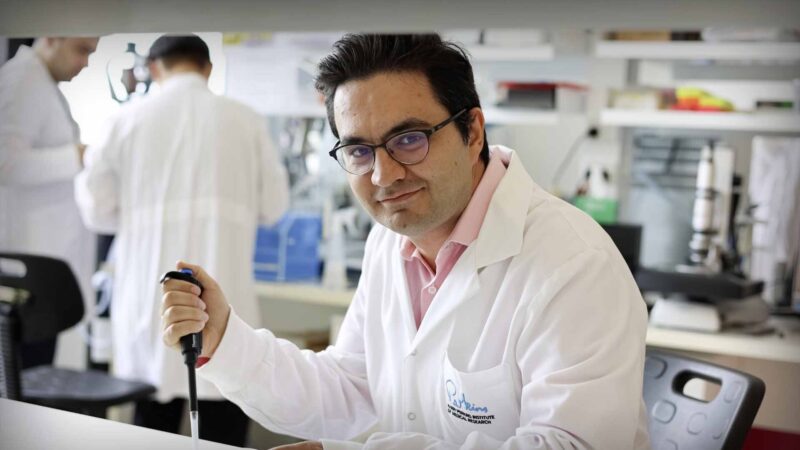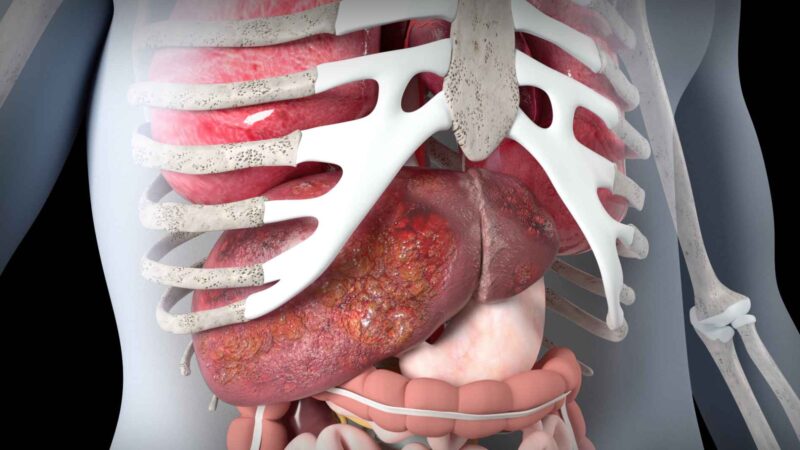RESEARCHER PROFILE (Filmed November 2023)
Dr Felicity Han, Research Fellow
Australian Institute for Bioengineering and Nanotechnology
University of Queensland, Australia
Applying nanotechnology to chronic pain management
Dr Felicity Han is a Research Fellow and Leader in Pain Relief Innovation, at the Australian Institute for Bioengineering and Nanotechnology in the University of Queensland. Dr Han’s research interests sit at the interface of drug delivery and the pain field. Her overarching research goal is to improve the quality of day to day life of patients suffering from chronic pain, by applying nanotechnology to the development of novel highly effective pain-killer products for improving chronic pain management.
Dr Han’s team have developed five different techniques to produce painkiller-loaded nanoparticles and nanofibers aimed at improving pain relief for patients where available pain-killers either lack efficacy or produce dose-limiting side-effects. With the use of their nanoparticles, Dr Han’s team aim to turn a small but potent peptide that has been on the market for over a decade into an oral treatment for improving pain management that currently lacks efficacy in patients. T
Dr Han’s research focuses on developing drug-products to solve one of the largest unmet medical needs in the pain field through the use of sustainable materials. Her team are currently working on developing multifunctional sutures including biodegradable pain relief sutures and innovative novel nanoparticles, which deliver innate-immune targeting peptides for the treatment of cancer and cancer-related pain. Their research also investigates the role of C5a and C3a in the pathogenesis of chronic pain including neuropathic pain, cancer-related pain, low back pain, and OA pain.
Dr Han works in collaboration with other leading Australian and international researchers to stay at the forefront of the drug delivery systems field and the pain field. They also provide a preclinical evaluation of novel compounds and formulations.
Dr Han enjoy’s volunteering within the academic community, most notably as Head of the SBMS ECR Committee and Treasurer for The Queensland Chinese Association of Scientists and Engineers (QCASE). Currently, she is serving as a guest editor of Pain Research and Management.
You Might also like
-
Non-invasive tools for CVD screening and monitoring
Dr Hadi Afsharan is a Research Fellow Cardiovascular Science & Diabetes at the Harry Perkins Institute of Medical Research; is a translational research and innovation fellow in medical technologies at The University of Western Australia, holding dual titles as Translational Fellow and Innovation Fellow within UWA’s Medical School and the FHRI (Future Health Research and Innovation) program.
-
Stem cells used for age-related macular degeneration
Dr. Jenna Hall is a passionate and accomplished biologist with expertise in induced pluripotent stem cell (iPSC) culture, disease modelling, and high-throughput automated systems. She recently earned her PhD from the University of Melbourne, where her research focused on using iPSC-derived retinal pigment epithelium (RPE) cells to study age-related macular degeneration. Dr Hall’s technical skillset spans manual and automated cell reprogramming and differentiation, quantitative microscopy-based phenotyping, and large scale -omics analysis.
-
Therapy to prevent hepatocellular carcinoma in people with liver cirrhosis
Professor John Olynyk is a Gastroenterologist & Hepatologist with over 30 years’ experience, primarily at The Fiona Stanley & Fremantle Hospital Group. He planned the Gastroenterology and Hepatology Service for the Fiona Stanley Hospital and was Head Department from 2010 until 2020.
Professor John Olynyk was appointed as Associate Dean and Head of the Medical Discipline at Curtin University in 2023 until 2025 and is now Associate Director, Clinical Engagement, Curtin Medical Research Institute, Curtin University.



